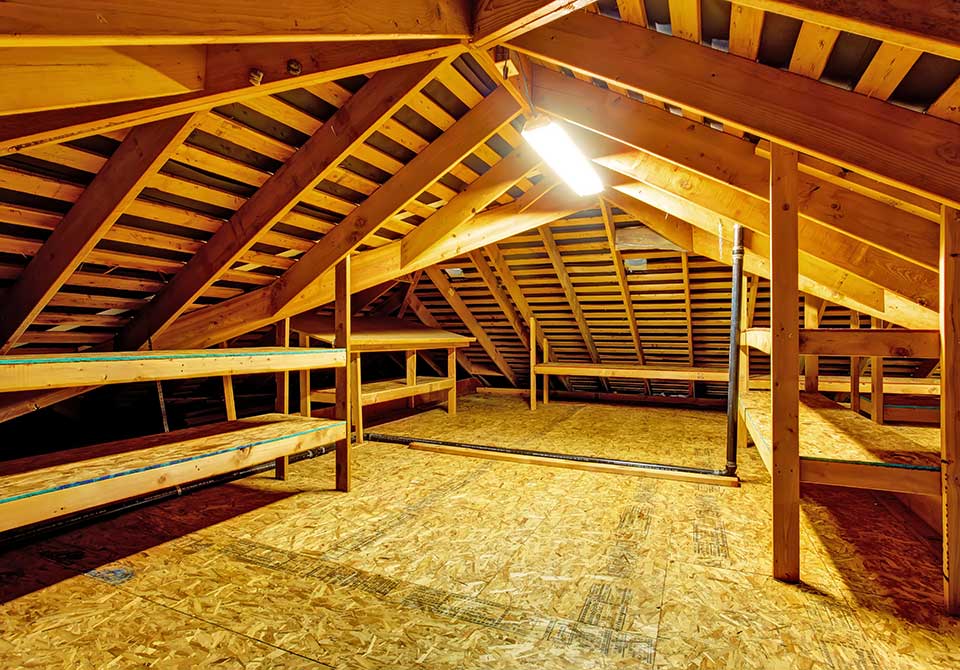
Out of the frying pan into safe recycling
With the end of 2022 a few days away now is a good time to look back at this year’s amazing but true green stories.
Energy expert Ron Fox, of Noreus Ltd on the University of Keele Science Innovation Park, picks his favourite five environmental tales.
- When non-stick frying pans were invented in the 1940s, they were hailed as a culinary advance as they were coated in chemicals to resist water, heat and oil. The only problem was that they were almost indestructible to throw away causing ecological problems. Now scientists believe they have developed an easy way to decompose these “forever synthetic chemicals” known as poly/perfluoroalky substances or PFAS by using the solvent dimethylsulfoxide together with sodium hydroxide, also known as caustic soda.
- Runners can now literally run on cloud nine after the invention of the first trainers made from captured carbon emissions. A Swiss sports retailer, On Running, has produced a new foam rubber, used as a shock absorber, called CleanCloud. Firstly, a Chinese steel company captures the carbon emissions, secondly an American firm converts them into ethanol through a fermentation process which is then dehydrated to thirdly create ethylene-vinyl acetate or EVA, a hydrocarbon foam rubber.
- Building new housing out of timber in urban areas would save 100 billion tonnes of carbon emissions by 2100. That’s the finding from a study by the Potsdam Institute for Climate Impact Research, published in the journal, Nature Communications. They said that houses are now built with steel and concrete, which have a serious carbon footprint.
Only 22 per cent of new UK homes are built around timber frames according to the National Audit Office (NAO). But the study said that by using the more eco-friendly timber in construction would lead to the planting of more trees, which absorb carbon dioxide from the atmosphere, improving the long-term viability of woodlands and reducing our reliance on imported wood. - A rare bird is returning to the UK – thanks to organic farming methods. The lesser spotted woodpecker, which is the smallest and least common of that species, was on the red list of threatened wildlife and in class 4 of threatened birds. Nationally its population had fallen by 83 per cent since 1970 and there were only 12 breeding pairs in Dorset. But the managing director of the Hollis Mead Organic Dairy Farm in Corscombe, Dorset, said there had been a rare sighting of the bird there. He said industrial farming had been detrimental to wildlife, but he believe that organic farming has helped their numbers increase. This method doesn’t use insecticides nor pesticides and lets woodland trees fall where they will so bugs can feed. Plus not cutting hedges had all helped threatened birds breed more, including the lesser spotted woodpecker.
- International scientists have modified the genetics of soya bean plants to make them more efficient at turning the sun’s energy into food, which could lead to increased harvests in some of the world’s poorest countries. It’s the first time that a major food crop had been genetically engineered which improved photosynthesis meaning that soybean yields were increased by about 25 per cent. Soybeans are now the single most important sources of vegetable protein.
“If you want any energy advice, contact me on 0845 474 6641 – but in the meantime have a green and happy New Year,” said Ron.
Caption: Sticky problem solved – now non-stick frying pans can be recycled safely.




